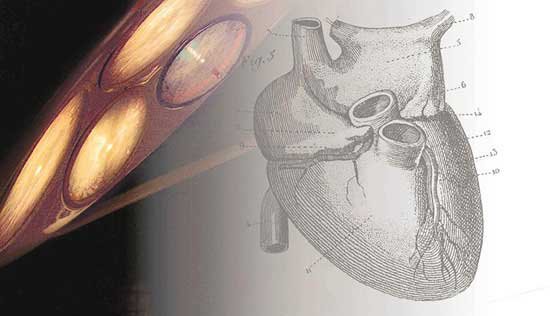The Whig Standard - Ontario, CA
Organ donation and risk
Posted 1 day ago
In its attempt to tighten its rules governing organ donations, Health Canada may have raised more public concerns than it has attempted to quell.
Most controversial is the news that, under the guidelines, men who have had sex with another man in the past five years are prohibited from making a donation. Also on the restricted list are intravenous drug users, people recently in jail, anyone tattooed or pierced with instruments that were shared, and anyone involved in prostitution in the last five years. The guidelines are designed to protect potential organ recipients from contracting HIV, hepatitis B or C and other serious diseases.
The gay community has, not surprisingly, reacted with anger, countering that if a gay man has been in a monogamous relationship for a number of years, clearly there is no risk. Yet the guidelines promote the image that all gay men are promiscuous.
The provincial bodies that oversee organ donations have moved quickly to clarify that not everyone in these "high-risk" categories are actually banned from making donations. Gay men can donate; they're just flagged for screening. And doctors, in the end, are allowed to grant exceptions.
The problem is that Canada's woeful organ donation system can't afford to deal in insulting ambiguities and, most importantly, unnecessarily alienate any potential donors, gay or straight.
According to the Health Canada website, "more than 3,700 Canadians are awaiting organ transplants for kidneys, hearts, lungs, or livers, and thousands of others are in need of replacements for tissues such as corneas, heart valves, bone grafts, and skin."
Canada has an appallingly low donation rate among industrialized nations, with the result that last year 147 Canadians died waiting for organs. More than 1,600 Ontarians are waiting to receive organ and tissue donations.
One would hope that organs are approved for harvesting based on good science.
In reality, most are harvested in periods of crisis - the donor dies and the recipient may be dying. The donor, once deceased, cannot answer questions about possible exposure to diseases, so family members are often asked for their impressions of what risky behaviour their loved ones may have been involved in.
Yet even a person in a low-risk group - say, a married heterosexual man - could have practised risky behaviour that no one knew about, such as cavorting with one of the aforementioned prostitutes or having a tattoo applied with a shared needle.
It's not sexual orientation that determines risk but a person's sexual behaviour. Health Canada needs to clarify this point in the wording of its policy, stop the discrimination against gay men and reassure Canadians that good scientific testing, not profiling, is used to make donation decisions.

No comments:
Post a Comment